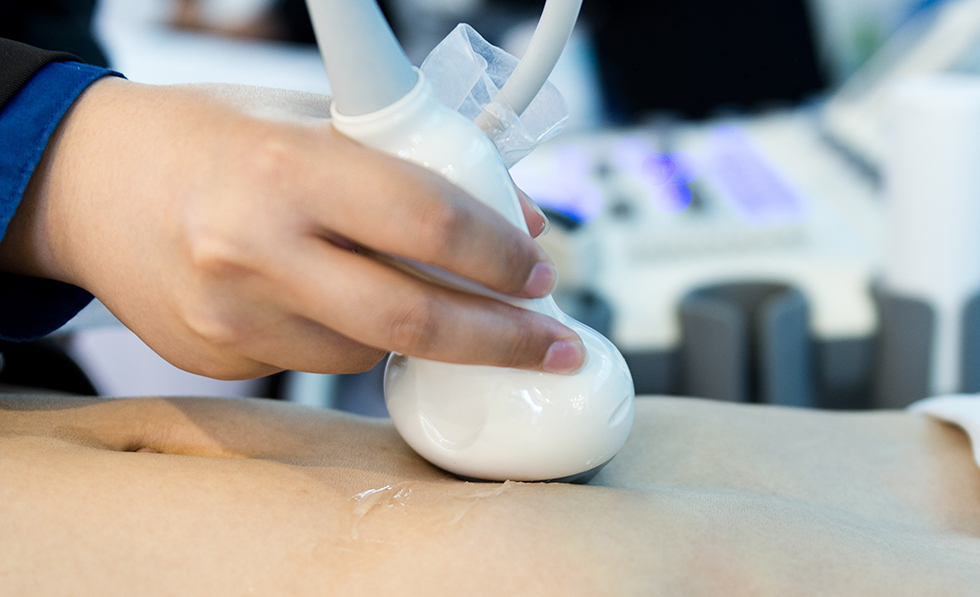Dr Kelly Loi is an Obstetrician and Gynaecologist who provides dedicated care for fertility, IVF patients and laparoscopic surgery.
Dr Kelly Loi graduated from the Oxford Medical School, is a fellow of the Royal College of Obstetricians & Gynaecologists and fellow of the Academy of Medicine, Singapore. She is also a Singapore Ministry of Health- authorised IVF Clinician. She was Medical Director of Mount Elizabeth Hospital Fertility Centre from 2019 to 2023, and has been appointed as Medical Director of Monash IVF Singapore in 2023.
During her medical training at Oxford University, she was awarded Bachelor of Arts with 1st Class Honours in Physiological Sciences (BA, Hons) in 1995. She attained the Master of Arts, Oxford University, (MA, Oxon) in 1999. During her medical training, she also completed attachments at John Hopkins Hospital, Baltimore, and Massachusetts General Hospital, Harvard University. After graduating, she worked as a House-Officer in the John Radcliffe Hospital and the Churchill Hospital in Oxford. She started specialising in the field of obstetrics & gynaecology as a Senior House Officer in St Mary’s Hospital, Imperial College, London.
On her return to Singapore, she continued her training in obstetrics & gynaecology with a sub-specialty interest in fertility, in-vitro fertilization (IVF) and reproductive medicine. She served as a Consultant in the Department of Reproductive Medicine at KK Hospital. She was also actively involved in the Teaching faculties of the Yong Loo Lin Medical School and the Duke Graduate Medical School. At the same time, her dedication to patients has won her Excellent Service Awards as well as the Long Service Award from KK Hospital in 2008. She was also awarded an overseas fellowship to undergo advanced training in Belgium in fertility preservation for cancer patients, under one of the foremost experts in this field, Professor Jacques Donnez.
Read More
Over the years, Dr Loi has developed particular expertise in antenatal and obstetrics care, fertility treatment, IVF and surgery. She is a Singapore Ministry of Health- accredited IVF doctor. Apart from her role as an IVF doctor with her sub-specialty interest in performing assisted reproductive care and IVF for patients, she is also an advocate of performing minimally invasive gynae-laparoscopic and reproductive surgery.
She has been actively involved in research in these areas and has presented papers on these topics at medical conferences both local and international. She has also authored numerous medical papers and has been invited to be a reviewer on peer-reviewed international medical journals on obstetrics & gynaecology. She continues to be actively involved in public education and is a regular contributor to various magazines and journals, and is often invited to speak at public seminars.
As the medical director of Health & Fertility Centre for Women, she aims to continue to offer a dedicated fertility, obstetrics and gynaecology service to her patients, with state-of-the art facilities, in an environment designed with the patients’ comfort and privacy in mind. The clinic logo symbolizes how the services cater to women of all ages, from adolescence to motherhood and beyond.
On a personal note, she is a mother of three lovely children who occupy most of her time outside work. She is also an accomplished pianist with a Grade 8 distinction and has an advanced certificate in piano performance from the Associated Board of the Royal Schools of Music (ABRSM), UK. However, these days, her repertoire is somewhat dominated by nursery songs and tunes.
Show Less






